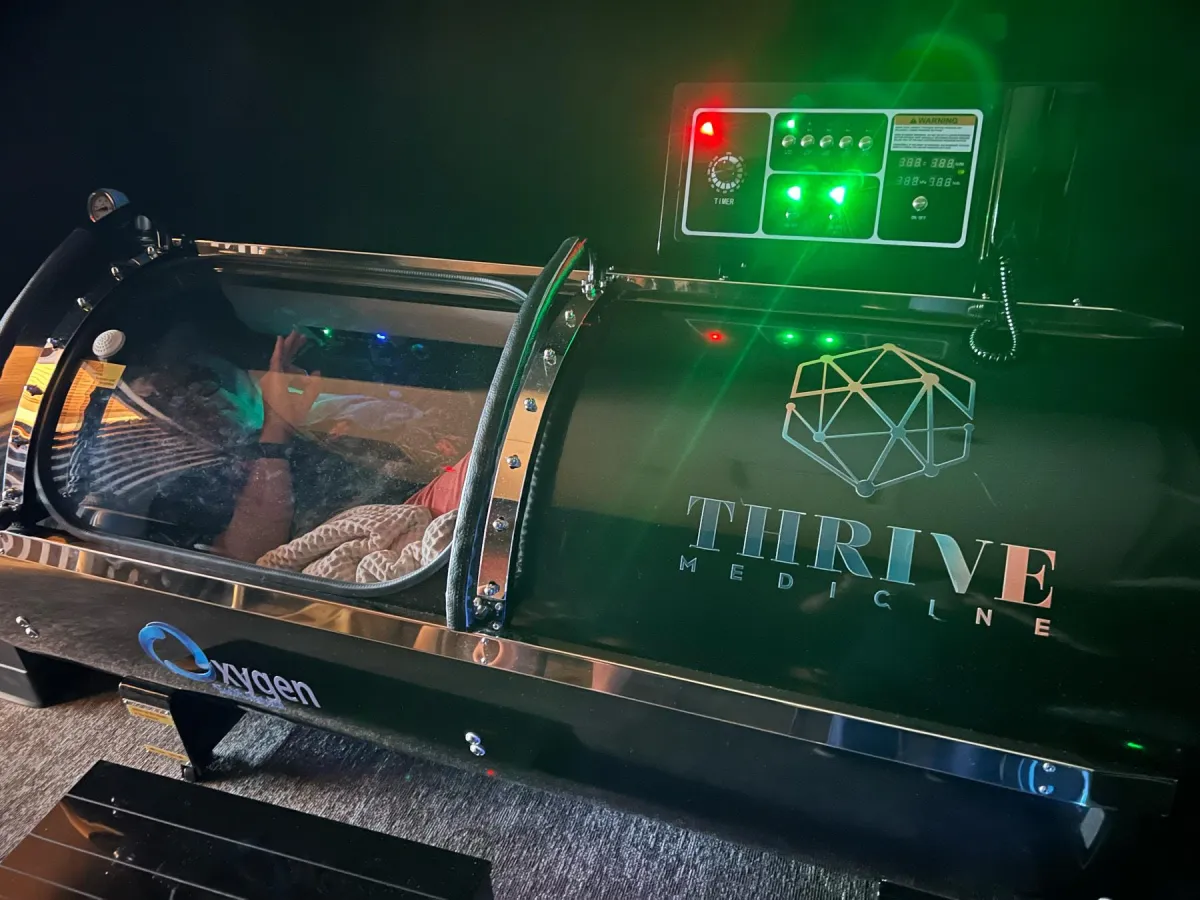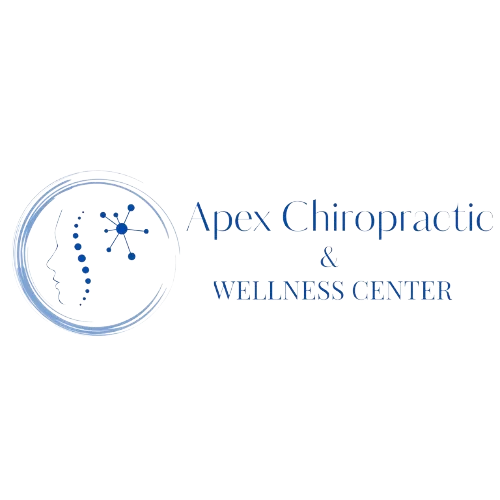Hyperbaric Oxygen Chamber
Revitalize Your Lungs and Tissues with Hyperbaric Oxygen Chambers
How Neurofeedback Helps with PTSD Recovery

Living with post-traumatic stress disorder (PTSD) can feel overwhelming. Flashbacks, anxiety, and emotional instability often interfere with daily routines and relationships. Understanding how neurofeedback helps with PTSD recovery provides hope for those searching for safe, effective alternatives to traditional treatment. Neurofeedback therapy offers a non-invasive way to retrain the brain, reduce trauma symptoms, and build emotional resilience.
At Apex Chiropractic & Wellness Center, our team provides personalized neurofeedback treatment plans designed to restore balance, improve well-being, and support lasting recovery.
Understanding PTSD and Its Lasting Impact
Post-traumatic stress disorder develops after experiencing or witnessing a traumatic event. While some people naturally recover, others continue to live with intrusive memories and heightened stress responses long after the event.
Common symptoms of PTSD include:
Flashbacks and nightmares
Difficulty sleeping or concentrating
Irritability and mood swings
Hypervigilance or feeling constantly “on edge”
Avoidance of reminders related to the trauma
These symptoms often disrupt work, relationships, and overall well-being. Over time, untreated PTSD can alter brain activity, especially in areas such as the amygdala, which regulates fear, and the prefrontal cortex, which helps with decision-making and emotional control.
For many patients, traditional treatments like medication or talk therapy may not fully resolve symptoms. That’s where neurofeedback provides an alternative, targeting the neurological roots of post-traumatic stress.

What Is Neurofeedback Therapy?
Neurofeedback therapy, also called EEG neurofeedback, is a non-invasive treatment that retrains the brain to self-regulate. Sensors are placed on the scalp to monitor brainwave patterns, and patients receive real-time visual or auditory feedback. This process encourages the brain to produce more balanced activity, helping reduce PTSD symptoms.
During a session, patients may watch a movie or listen to music. When their brain generates desirable patterns, the feedback continues smoothly; when activity becomes unbalanced, the signal is interrupted. Over time, the brain learns to repeat healthier responses, reducing the impact of traumatic stress.
Benefits of neurofeedback therapy for PTSD include:
Reduction in anxiety and hypervigilance
Improved emotional regulation
Better sleep quality
Increased ability to manage distressing memories
Restoration of confidence and control
At Apex Chiropractic & Wellness Center, each neurofeedback treatment plan is tailored to the individual, ensuring care that addresses both symptoms and underlying neurological disruptions.
The Science Behind Neurofeedback and Trauma Recovery

Research in psychiatry and neuroscience shows that PTSD symptoms often stem from disrupted communication between brain regions. The amygdala becomes overactive, triggering fear and stress responses, while the prefrontal cortex may be underactive, limiting rational decision-making and emotional stability.
Neurofeedback helps bridge this imbalance. By providing the brain with real-time information about its activity, patients gradually retrain their neurological responses. Consistent sessions can reduce hyperarousal, emotional numbing, and avoidance behaviors.
This process does more than suppress symptoms. It creates new, healthier pathways in the brain, allowing patients to feel more resilient and less defined by past trauma. Many describe neurofeedback as empowering because it involves active participation in recovery rather than passive treatment.
Practical Integration of Neurofeedback into PTSD Treatment

For best results, neurofeedback therapy is often combined with other therapeutic strategies. At Apex Chiropractic & Wellness Center, patients are encouraged to see neurofeedback as part of a broader recovery plan.
Tips for integrating neurofeedback into treatment:
Stay consistent: Regular sessions reinforce positive brain patterns.
Track progress: Keeping a symptom journal helps measure changes in mood, sleep, and daily functioning.
Combine with supportive therapies: Many patients benefit from pairing neurofeedback with approaches such as cognitive behavioral therapy, EMDR, or mindfulness.
Set realistic expectations: Every recovery journey is unique, and progress may vary depending on trauma history and overall health.
By actively participating in sessions and monitoring progress, patients can build long-term resilience. Neurofeedback offers not just relief from symptoms but also a foundation for lasting rehabilitation.
Long-Term Benefits of Neurofeedback for PTSD Patients
While short-term relief is important, neurofeedback is also designed to support sustainable healing. As the brain learns to adopt healthier patterns, improvements may continue even after therapy sessions end.
Long-term benefits can include:
Reduced frequency and intensity of PTSD symptoms
Improved ability to manage stress and emotional triggers
Greater confidence in daily life and social interactions
Decreased reliance on medication in some cases
Strengthened resilience against future stressors
These lasting changes empower patients to regain control of their lives. By addressing the neurological roots of trauma, neurofeedback provides not just symptom management but also long-term transformation.
Begin Your Recovery Journey with Apex Chiropractic & Wellness Center
If you or a loved one is struggling with PTSD, neurofeedback may provide the support needed to move forward. At Apex Chiropractic & Wellness Center, our compassionate team offers evidence-based care tailored to your unique needs.
Through safe and effective neurofeedback treatment, we help patients retrain their brains, reduce PTSD symptoms, and regain confidence in daily life.
Contact Apex Chiropractic & Wellness Center today to schedule a consultation and discover how neurofeedback therapy can help you reclaim balance, restore resilience, and improve quality of life.
TRUSTED BY OUR COMMUNITY
We’re very proud of the service we provide, and the feedback we get from patients is fantastic.
We’re very proud of the service we provide, and the
feedback we get from patients is fantastic.


Begin your journey to a thriving life today with Apex Chiropractic & Wellness Center's holistic health services in Lancaster—your future self will thank you.
Office Hours
Monday - Friday
9apm-5pm
Sat & Sun
closed
All Rights Reserved © 2025 | Apex Chiropractic & Wellness Center
Powered by: HBOT Revolution
